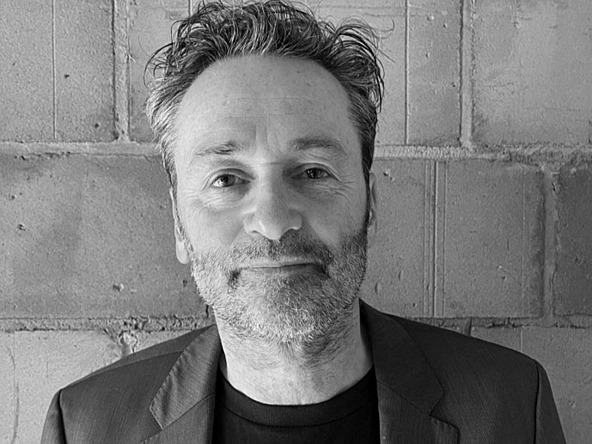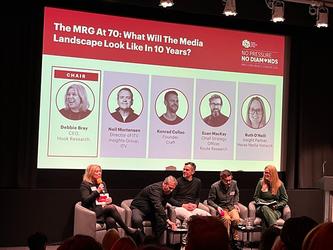Colin Strong in seven: "It is little wonder that people are rethinking what ‘being human’ means"

1 ) What made you want to write a book about being human?
It is amazing the number of questions you are asked that carry quite fundamental assumptions about being human: some about the reasons that sit under our behaviours, others about how we engage and change behaviour. For example, many see behaviour as being shaped by the unconscious; others say it’s about the systems we live in; and some say we all have individual agency. It feels as if these differences in beliefs about being human have been exacerbated by Covid-19, climate change and tech by leading many to rethink assumptions about their lives.
2 ) How has modern life changed humanity’s place in the world?
Covid has changed the way we think about the interconnectedness of our lives – we could very tangibly see that what one person does could impact many. The climate crisis has left many wondering how future generations of people might occupy this planet, questioning the notion that humans are ‘top of the tree’ and in charge of our destiny. Finally, some suggest that, through artificial intelligence (AI), artificial minds are possible, challenging the notion of human uniqueness. Bring these together and it is little wonder that people are rethinking what ‘being human’ means, given that, for centuries, many people did not question these themes.
3 ) Does behavioural science have the answers to the big issues facing the world?
Behavioural science offers a means by which we can explore the big issues facing the world. While many think of the discipline as more ‘downstream’, testing ways to change behaviour, we really need to get the ‘upstream’ thinking right first. By that I mean how we understand, more fundamentally, what is shaping our lives, behaviours, opinions, attitudes, values, and so on. Behavioural science offers access to a wide range of thinking, evidence and research methods that give us the tools to not only unpack the big topics methodically and carefully, but also to measure, test and propose solutions that can support change.
4 ) Where can behavioural science make the biggest impact?
Right now, I would say much of the activity is around ‘knowledge’, such as: what AI delivers on that front versus humans; how we decide what is fake news or misinformation; and what ‘facts’ we trust. This is a huge challenge that runs through so much of what we do.
5 ) How can research elevate how it is perceived by clients?
Overall, research does a pretty good job of how it is perceived by clients. It is not all clients all of the time, but there is a vibrant and successful industry with a huge range of people, skills, tools and solutions on offer. My sense is that the magic so often happens when we think carefully about the big challenges we face, and use that to inform ways to deliver creatively and intelligently on the more immediate questions that organisations have.
6 ) How will generative AI change the research industry?
I do not claim to have a simple answer, but it does feel as if our industry is well under way to working that out. Behavioural science has an important role to play here, as developments such as synthetic respondents and chatbot-based questions require us to have a deep understanding of humans if we are to evaluate how well they are performing.
7 ) Are you optimistic about the future of humanity?
A decent assumption about humans is that we are more likely than not to want to be good, trust others and act cooperatively. If that sounds hopelessly naive, then have a read of the uplifting book by Rutger Bregman, Humankind. He is an example of the way people are increasingly challenging the centuries-long beliefs that we have inherently selfish and brutish natures. So, overall, yes – I am optimistic.
Colin Strong chairs the MRS Delphi Group and is honorary professor of practice at Nottingham University Business School. Strong is a published author (Humanizing big data and Out of time) and the founder and editor of Frontline BeSci.
This article was first published in the July 2024 issue of Impact magazine, the final issue of the publication.

We hope you enjoyed this article.
Research Live is published by MRS.
The Market Research Society (MRS) exists to promote and protect the research sector, showcasing how research delivers impact for businesses and government.
Members of MRS enjoy many benefits including tailoured policy guidance, discounts on training and conferences, and access to member-only content.
For example, there's an archive of winning case studies from over a decade of MRS Awards.
Find out more about the benefits of joining MRS here.












0 Comments